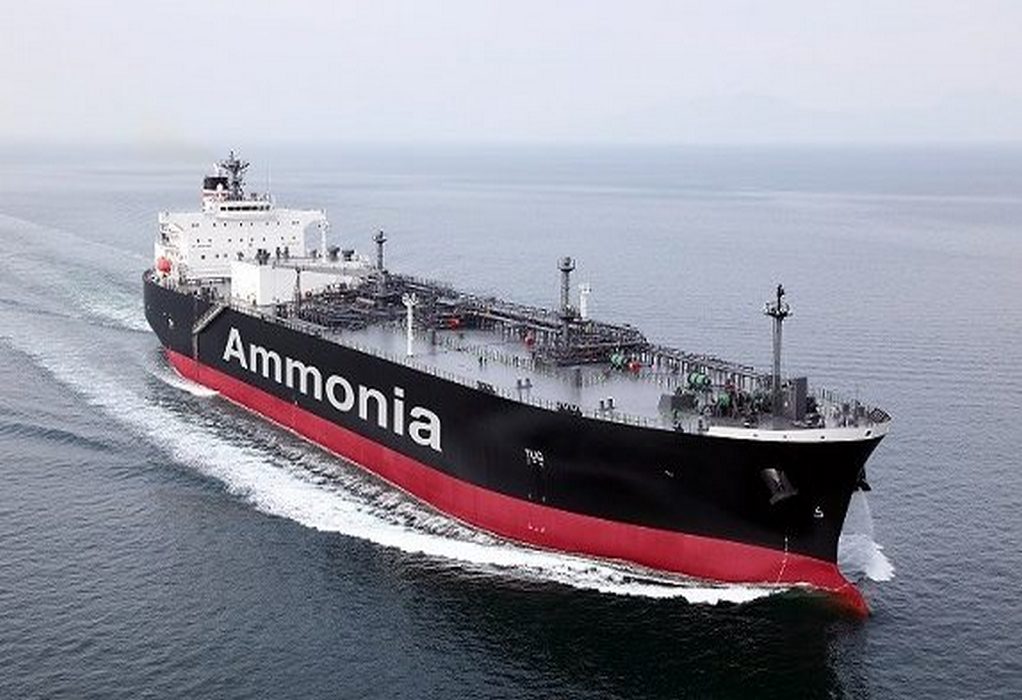A new study led by the Massachusetts Institute of Technology (MIT) has warned over the health risks from shipping’s switch to using ammonia as its future fuel.
Ammonia combustion generates nitrous oxide (N2O), a greenhouse gas that is about 300 times more potent than carbon dioxide, the study points out. It also emits nitrogen in the form of nitrogen oxides (NO and NO2, referred to as NOx), and unburnt ammonia may slip out, which eventually forms fine particulate matter in the atmosphere.
The study indicates that, under current legislation, switching the global fleet to ammonia fuel could cause up to about 600,000 additional premature deaths each year. However, with stronger regulations and cleaner engine technology, the switch could lead to about 66,000 fewer premature deaths than currently caused by shipping emissions, with far less impact on global warming.
The researchers considered two ship engines. The first burns pure ammonia, which generates higher levels of unburnt ammonia but emits fewer nitrogen oxides. The second engine technology involves mixing ammonia with hydrogen to improve combustion and optimise the performance of a catalytic converter, which controls both nitrogen oxides and unburnt ammonia pollution.
Tags: Ammonia, Fuel, MIT, N2O, Study



Recent Posts
Royal Caribbean Welcomes LNG-Fueled Star of the Seas to Its Fleet
Swire Shipping Launches ‘Voyage to Zero’ to Help Customers Cut Scope 3 Emissions Swire
Pinnacle Marine Launches B100-Powered President 100 for Biofuel Trials
Assam Puts Green Hydrogen Policy on Hold, Investors Reassess Plans
MNRE and Odisha Chart Roadmap for National Green Hydrogen Mission
Hyundai Glovis to Retrofit Seven PCTCs with Avikus AI Navigation System
Super Terminais orders three more Konecranes Gottwald ESP.10 Mobile Harbor cranes
Covestro and HGK Shipping Extend Partnership to 2040 with Focus on Wind-Assisted Vessel Retrofit